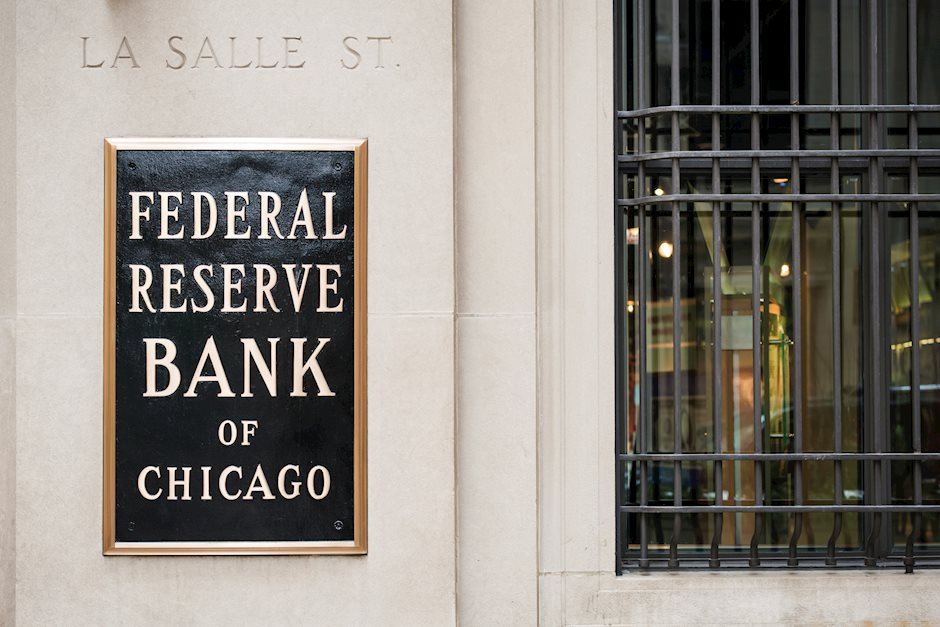Central banks may ramp up Gold buying

Ignore what central bankers are saying; instead, watch what they are doing.
While they poo-poo gold or pretend it doesn't exist, global central banks have been quietly but aggressively accumulating gold bullion for several years now. The Central Bank of Russia, for example, has been a consistent buyer of gold.
Other major central banks have also been acquiring and holding the metal, although some scaled back last year following the pandemic and record-high prices for the metal.
Given more favorable market conditions and greater risks to holding U.S. dollar reserves, central banks may soon ramp up their gold buying again.
The Hungarian Central Bank cited “long-term national and economic policy strategy objectives” for its move.
The central bank also mentioned new risks that have developed as a result of the ongoing Covid-19 pandemic that has shaken the world.
The bank described gold as one of the most crucial reserve assets worldwide.
Central bank gold buying over the last decade helped support the price of gold. The sharp trend higher in central bank purchases did, however, come to a pause last year as record prices and the economic consequences of the global pandemic response took hold.
Central bank acquisitions got off to a slow start in 2021. But as the buying trend is resuming, these financial behemoths will likely become net buyers for the year.
With global central banks not only buying but also holding so much physical gold bullion, it naturally begs the question of why.
There are several reasons that these powerful financial institutions look to add gold to their reserves. These include diversification, stability, and potential price appreciation.
Diversification
It is no secret that gold can add portfolio diversity.
The yellow metal tends to have a negative correlation to stocks, and often moves inversely to the Federal Reserve Note “dollar” index as well. This means that as the value of equity portfolios declines or as dollar-denominated holdings lose value, the price of gold may rise, all or partially offsetting those losses.
Stability
The great J.P. Morgan once stated “Gold is money, everything else is credit.”
In our view, nothing could be more true.
As a reliable store of wealth and value for thousands of years, physical gold has a reputation as a protector of wealth and value.
Unlike fiat, or paper currencies, gold cannot be created out of thin air on a whim. It cannot be manipulated or otherwise messed with to facilitate desired outcomes. The gold market is driven simply by the laws of supply and demand.
The Dutch Central Bank put it well, noting, “A bar of gold always keeps its value. Crisis or not. That gives a safe feeling. The gold holdings of a central bank are therefore a beacon of confidence.”
Price Appreciation
The gold market has come a long way in recent years and may just be getting started on a multiyear bull run higher.
The yellow metal has, since the early 2000s, more than quadrupled in value as measured in Federal Reserve Notes.
Kicking off the 21st Century at around $400 per ounce, the yellow metal has made fresh all-time highs last summer at nearly $2100 per ounce and still trades near or above its all-time highs in virtually all world currencies.
Given the free-wheeling printing press policies of every central bank, there simply is no barrier to sharply higher gold prices.
If the dollar continues to weaken, pushing inflation higher, the price of gold could easily double or more from recent levels – putting $5000 per ounce on the table.
There are obviously many more reasons to own physical gold. The three outlined here are some of the biggest, however, and are primary drivers of central bank buying.
If the biggest, most powerful financial institutions in the world see the value opportunity presented by gold ownership, shouldn’t you?
To receive free commentary and analysis on the gold and silver markets, click here to be added to the Money Metals news service.
Author

Stefan Gleason
Money Metals Exchange
Stefan Gleason is President of Money Metals Exchange, the national precious metals company named 2015 “Dealer of the Year” in the United States by an independent global ratings group.

















